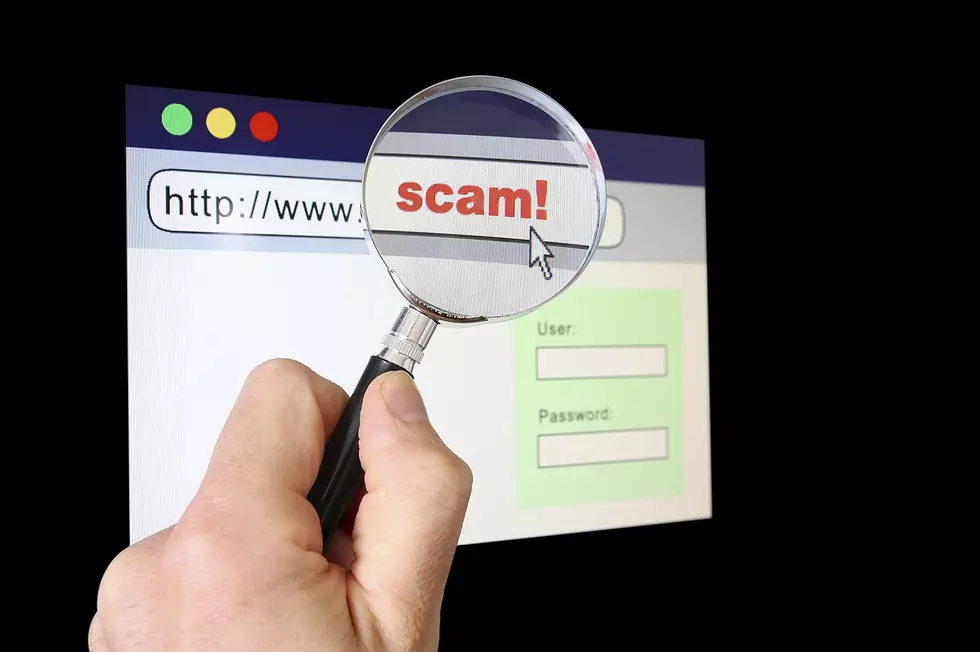
Indiana State Police Warn Residents of Latest Phone Scam
No, the Indiana State Police are not calling you.
Another Day. Another Scam.
It seems the more technologically advanced we get as a society, the easier it becomes for those with ill intent to prey on their victims and the latest warning from the Indiana State Police illustrates that point as they warn residents of a spoofing scam.
Spoofing Caller ID
The scammer is using what is frequently known as 'spoofing' where the caller ID display on the victim's phone shows a number that is not the actual source of the call. The FCC describes the tactic as,
Spoofing is when a caller deliberately falsifies the information transmitted to your caller ID display to disguise their identity. Scammers often use neighbor spoofing so it appears that an incoming call is coming from a local number, or spoof a number from a company or a government agency that you may already know and trust. If you answer, they use scam scripts to try to steal your money or valuable personal information, which can be used in fraudulent activity.

Indiana State Police (Not) Calling...
According to a press release from the Indiana State Police, the law enforcement agency has received reports from citizens who have been contacted recently by alleged phone scammers. While Indiana State Police frequently receive reports of scams, this one is a bit different as it involves the phone number for the ISP General Headquarters. According to the Indiana State Police,
The scammer is using a Caller ID showing “Indiana State Police” with “317-232-8248”. The scammer then identifies him/herself as an Indiana State Police Trooper and tells them they have drug charges pending in Texas. The scammer then threatens the citizen with arrest if a payment is not made.
What To Do If You Receive a Scam Call
If you receive a call from a number that you are unfamiliar with, Indiana State Police advise that you ignore the call. If you do answer, they suggest that you hang up immediately if something about the call doesn't feel right. They say if you believe that you may be the victim of a phone scam, you should contact your local law enforcement.
What Not to Do If You Receive a Scam Call
If you do receive a call that you believe to be a scam, it is just important that you don't give out the following personal information:
- Date of birth
- Social security number
- Banking Information
- Credit card information
For additional tips to avoid becoming a victim of a spoofing scam, visit the FCC website here.
[Source: IN.gov/isp]
How to Set a Contact as an Emergency Bypass on Your iPhone
How to Take Professional Quality Photos with Your Phone
More From WOMI-AM







![Scams Are Ramping Up During the COVID-19 Pandemic [EXAMPLES]](http://townsquare.media/site/76/files/2020/04/covid-scams.jpg?w=980&q=75)

